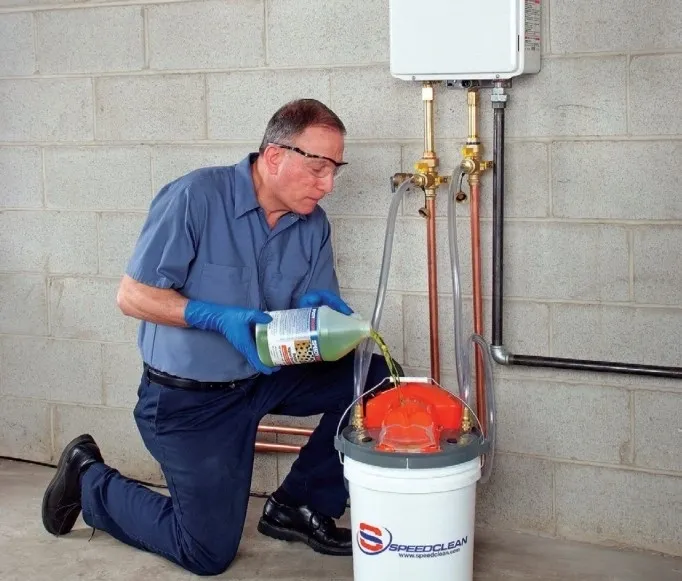Operating a hot water heater safely is vital for both your safety and the effective functioning of the appliance. Regular inspection and maintenance are key. Start by examining the heater for any visible signs of damage such as leaks, rust, or corrosion. These can indicate potential issues that might compromise the heater’s safety or efficiency. If you spot any problems, address them immediately to prevent further complications. One crucial aspect of maintenance is flushing the tank. Over time, sediment can accumulate at the bottom of the tank, which can affect the heater’s efficiency and lead to overheating. To avoid this, flush the tank every six to twelve months to remove sediment and ensure optimal performance. Additionally, check the temperature setting on the thermostat; it should be set to a safe level, ideally around 120°F 49°C. This temperature is sufficient to meet most hot water needs while minimizing the risk of scalding and burns.

For gas-powered water heaters, it is important to monitor the pilot light and the gas connections. Ensure the pilot light is burning consistently and check for any gas leaks. If you detect a gas odor, turn off the gas supply immediately and contact a professional for repairs. It is also wise to have a carbon monoxide detector installed near the heater as a precaution against potential gas leaks. Electric water heaters require a different set of checks. Make sure the circuit breaker is functioning properly and inspect the wiring for any signs of wear or damage. Faulty wiring can lead to electrical hazards, so if you find any issues, water heater companies seek professional assistance to make necessary repairs. Keep the area around your hot water heater free from flammable materials such as paper, cloth, and chemicals.
This is crucial to prevent accidental fires. The space around the heater should be clear and accessible for emergency situations. Familiarize yourself with the location of the shut-off valves for both the water and gas supplies. In case of an emergency, knowing how to quickly turn off these supplies can help mitigate damage and ensure your safety. Finally, consider scheduling regular inspections with a professional plumber or technician. A thorough check-up by an expert can identify potential issues before they become serious problems, ensuring your Jnod hot water heater operates efficiently and safely. By adhering to these safety tips, you can prolong the life of your hot water heater, enhance its efficiency, and create a safer environment in your home. Proper care and timely intervention are essential for avoiding accidents and maintaining a reliable supply of hot water.